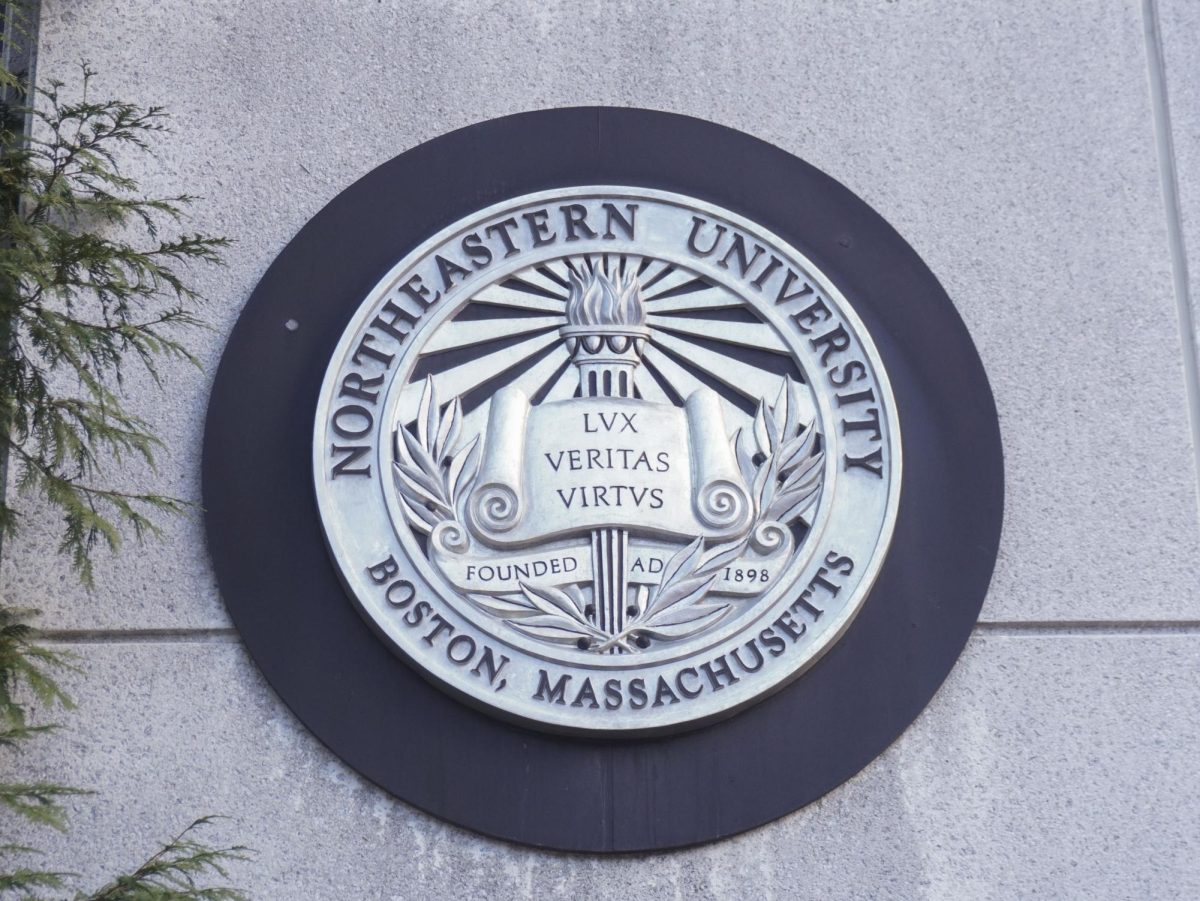The memory of Michael “Mucko” McDermott brutally gunning down seven co-workers at Wakefield’s Edgewater Technologies in December 2000 is still fresh in the minds of many, especially Massachusetts residents. Northeastern’s Center for Criminal Justice Policy Research is working in conjunction with the Wakefield Police Department on a study that focuses on workplace violence and the many forms it can take.
“The state came to us because they wanted to develop a program that was comprehensive to deal with all issues of workplace violence, not just the severe ones like murder,” said Jack McDevitt, director of the program.
McDevitt, who is also associate dean of graduate studies and research in the College of Criminal Justice, says there are many forms of workplace violence and, if dealt with early on, they can prevent another tragedy like the community of Wakefield suffered.
“Historically, these things have been handled internally within companies,” McDevitt said. “Many people don’t realize that there is a place for the police to get involved, even though the form of violence may not be murder.”
The study is just completing its first year of a two year grant given by the state. McDevitt and his associates aim to find out what employers and employees at Wakefield businesses think about violence in the workplace.
The first phase of the study was to develop a survey for 400 business owners and operators in Wakefield to determine what they consider to be workplace violence, how often it happens at their businesses, how they handle those types of situations, and how they feel about a range of other related issues. Wakefield police officers hand delivered the voluntary surveys, which remain completely anonymous, to the local businesses.
According to McDevitt, about 300 of the businesses participated in the study.
“It was great,” he said. “In most cases like this, you get maybe 30 percent that actually respond, so this was a good turnout.”
The second phase of the study is to develop and distribute a survey to employees of various businesses in the same area to gauge how they view workplace violence and what their experiences have been like. This phase is still waiting to begin, as results from the employers’ survey are being compiled. Those results will be used to create the employee survey, though some basic questions have already been decided on, such as: what is workplace violence, and have you been the victim of violence at your place of work?
The second survey will be distributed to between 1,000 and 2,000 workers in the Wakefield area. McDevitt is optimistic about the number of responses they will receive since the first survey garnered a considerable number of responses above what was originally expected.
The study is about 14 months from its completion, though it is already doing one of the things McDevitt hoped for the most. The study is generating discussion about a problem in society that he says needs to be addressed and understood.
“I think the results will show that this is a much broader problem than most people think, but the Wakefield community has become increasingly aware of it recently,” McDevitt said.









